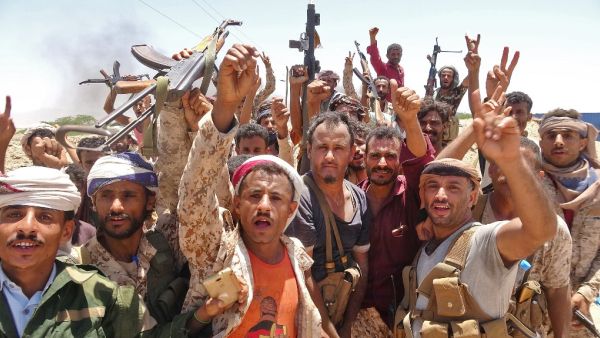Yemen’s minister of industry and trade resigned Sunday in response to attacks by armed groups backed by the United Arab Emirates and in reaction to a coup in Socotra governorate.
Mohamed al-Maytami submitted his resignation to President Abd-Rabbu Mansour Hadi, according to local media.
Al-Maytami also accused some countries that are part of a coalition led by Saudi Arabia of trying to split Yemen.
Last week, forces of the UAE-backed Southern Transitional Council (STC) separatist group declared self-governance and a state of emergency in the temporary capital of Aden and southern provinces, raising tensions in Socotra as well as other provinces in the south.
The Yemeni government and provinces of Hadhramaut, Shabwa, al-Mahra, Abyan and the administration of Socotra have rejected the move, which has also drawn widespread international criticism.
Also, a Yemeni government official said Saturday that STC militia had staged “a full-fledged coup in the governorate of Socotra.”
The official called on the Saudi-led coalition to help "stop the mess, chaos and aggression carried out by the militia and implement the provisions of the Riyadh agreement."
Yemen has been devastated by a conflict that escalated in March 2015 after Iran-backed Houthi rebels seized the capital Sana’a and forced President Hadi to flee the country.
Five years of conflict have left thousands of civilians dead and nearly 3.7 million internally displaced, according to the UN.
The impact on the country’s infrastructure has been devastating, with major overland routes and airports severely damaged.
This article has been adapted from its original source.








